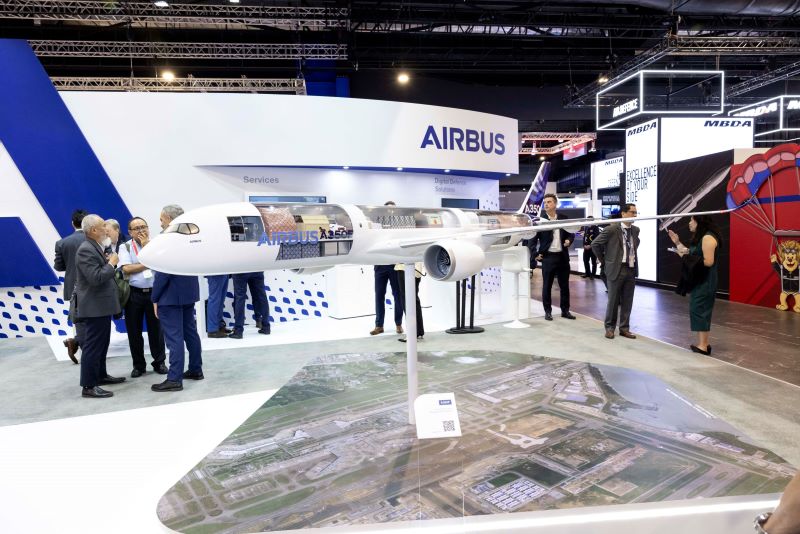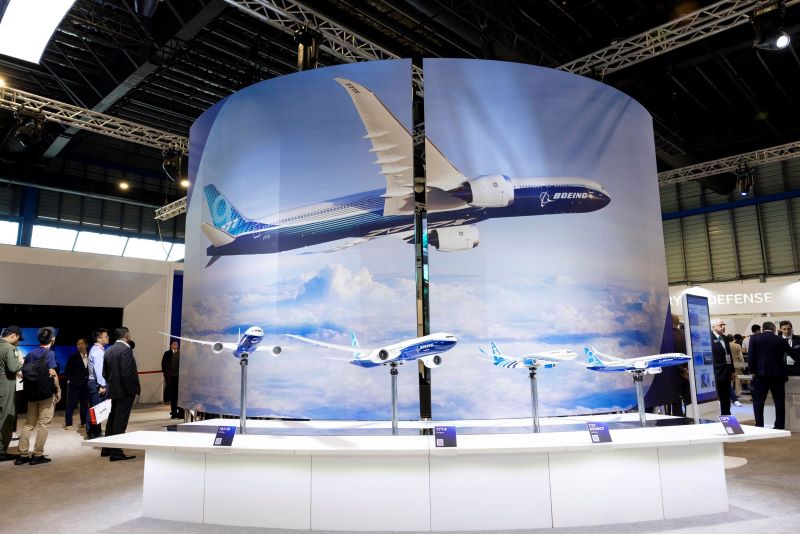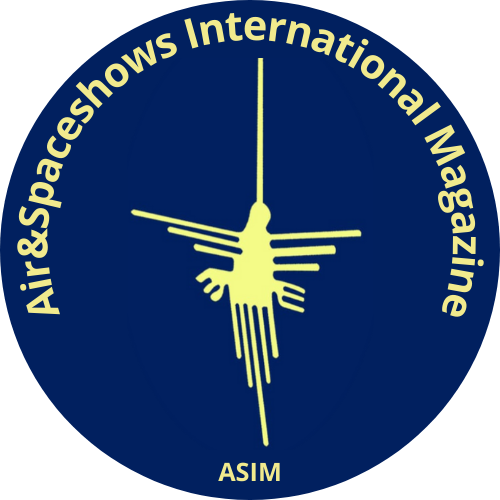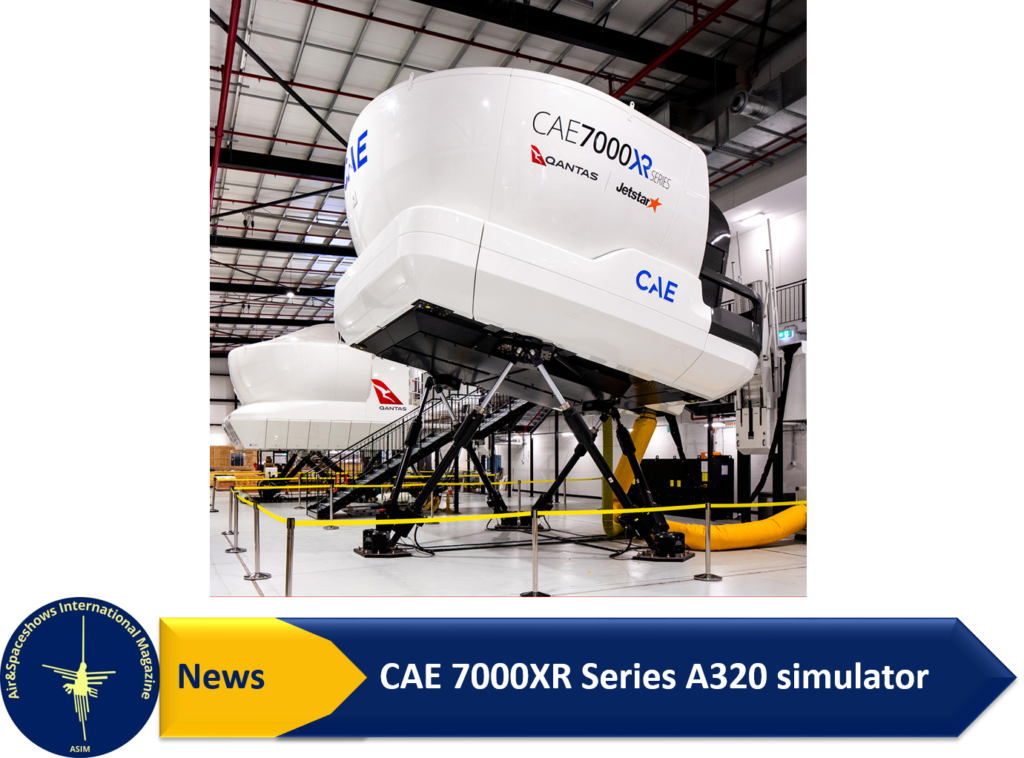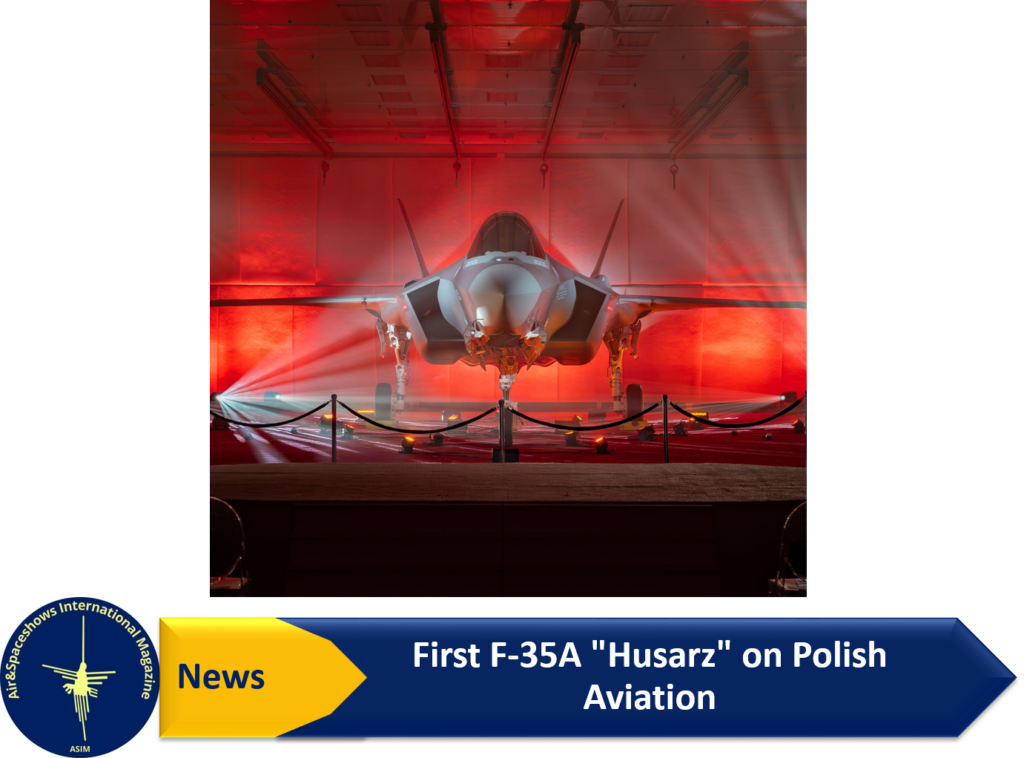ASIM, feb 22. The industry’s ambition to achieve net zero emissions by 2050 requires significant reductions in carbon emissions on a large scale and rapidly. Sustainable aviation has become a critical strategic imperative, posing both challenges and opportunities for the industry. Leading aircraft manufacturers like Airbus and Boeing are responding to this urgent call to action.
Airbus has introduced the all-new A350F freighter, aimed at enhancing efficiency in heavy lift cargo markets and capable of reducing fuel consumption and carbon emissions by up to 40% compared to previous generation freighters. Additionally, Airbus is showcasing the CityAirbus eVTOL aircraft model, underscoring its commitment to innovation and pioneering sustainable aerospace, particularly in the Urban Air Mobility space.
Boeing, in its pursuit of delivering efficiency and value, has conducted pilots and formed partnerships to drive sustainable aviation forward. Their latest innovation, Cascade, is a modelling tool that tracks aviation emissions throughout the entire lifecycle of alternate energy sources, assessing their potential to cut carbon emissions from aviation. In the industry’s efforts to mitigate greenhouse gas emissions, Sustainable Aviation Fuel (SAF) has emerged as a prominent solution, offering a key pathway to decarbonize aviation. More commitments are being made to adopt SAF, with Singapore’s aviation authority (CAAS) outlining plans to mandate the use of SAF by airlines operating out of the nation’s airports as part of its Sustainable Air Hub blueprint, aiming for a 1% increase in SAF uptake by 2026. Neste, a leading SAF producer, provides SAF made from sustainably sourced renewable waste and residues such as used cooking oil and animal fat waste.
